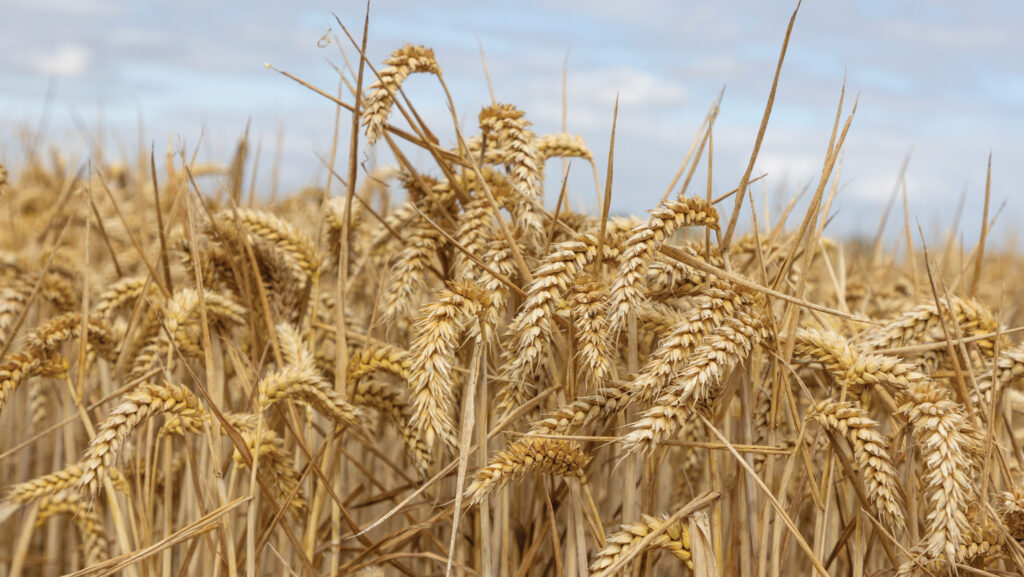UK wheat crop recovers as better weather helps growth
 © GNP
© GNP More favourable weather during the summer months has helped UK crop conditions to recover, following a poor start to the year.
The total wheat crop is still due to be exceptionally low and has been estimated in the region of 10m tonnes to 11m tonnes, based on a small wheat area of 1.56m ha.
However, early harvest reports have indicated that yields may be closer to average levels than had been previously expected.
See also: Grain giants Bunge and Viterra merger approved by EU
Grain industry adviser and trader Richard Whitlock said fields had received half-decent levels of sunshine, rain and warmth in recent months and some early farmers had reported average yields.
Mr Whitlock said: “This is certainly not to say the UK will have an exportable surplus of wheat. But, with last season’s increased carryover and a slightly better than feared harvest, we could see 1m tonnes or more wheat than anticipated.
“Higher volumes of bread wheat imports are very likely to continue, and the feed market will likely be supplemented with better value maize imports.”
UK feed wheat futures opened at £191/t on 7 August for the November futures contract, down by almost £9/t on the previous month.
Analysis by CRM AgriCommodities found UK feed barley to be at more than a £30/t discount to feed wheat at the start of the 2024-25 crop year.
CRM says that in the longer term the outlook remains for tighter wheat supplies, which should continue to support prices.
Global drivers
The Food and Agriculture Organisation of the United Nations (FAO) raised its 2024-25 global grain forecast to an all-time high of 2.85bn tonnes in July, up by 7.9m tonnes (0.3%) on previous estimates.
Large global supplies have created a slightly bearish global market for wheat, especially when combined with more recent economic uncertainty linked to slower growth in several major economies.
Consultancy firm SovEcon has estimated Russian wheat production for 2024-25 at 84.7m tonnes, down from 92.8m tonnes last year, with tighter supplies driving up prices in the short term.
Andrey Sizov, managing director at SovEcon, said: “We remain cautious about the stability of this price increase, as wheat supply will remain at historically high levels, compounded by the challenging financial situation of agricultural producers and prohibitive interest rates.”
